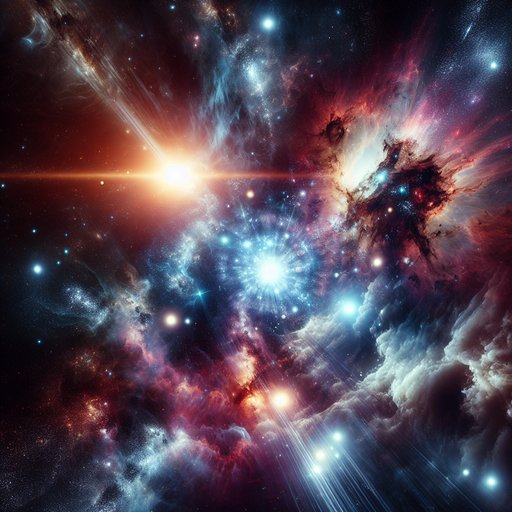
Astronomers in 2024 announced Gliese 12 b, an Earth-size exoplanet just 40 light-years away that orbits a cool red dwarf star every 12.8 days. Detected by NASA’s TESS mission via the transit method and confirmed with follow-up observations, the planet receives slightly more starlight than Earth. Its estimated equilibrium temperature is around 42 degrees Celsius if it lacks an atmosphere, placing it near the inner edge of its star’s habitable zone. Whether Gliese 12 b is actually habitable remains unknown, but its proximity and size make it one of the most promising nearby targets for probing a temperate world’s atmosphere with current telescopes.

The advent of advanced telescopes has ushered in a new era of space exploration, transforming our understanding of the cosmos. These technological marvels, such as the Hubble Space Telescope and the upcoming James Webb Space Telescope, provide unprecedented insights into distant galaxies, nebulae, and celestial bodies, reshaping our perception of the universe.

In a world divided by unseen walls, a highborn lady and a humble blacksmith are drawn together by an inexplicable connection, battling societal norms, family expectations, and their own fears. Their love is forbidden and fraught with danger, but the pull of their hearts is too strong to resist.

The philosophical debate between free will and determinism is a timeless controversy that has shaped human understanding of life, morality and decision-making. This dichotomy challenges our perceptions of agency, raising profound questions about our role in the tapestry of existence and the extent to which we control our own fates.



































































